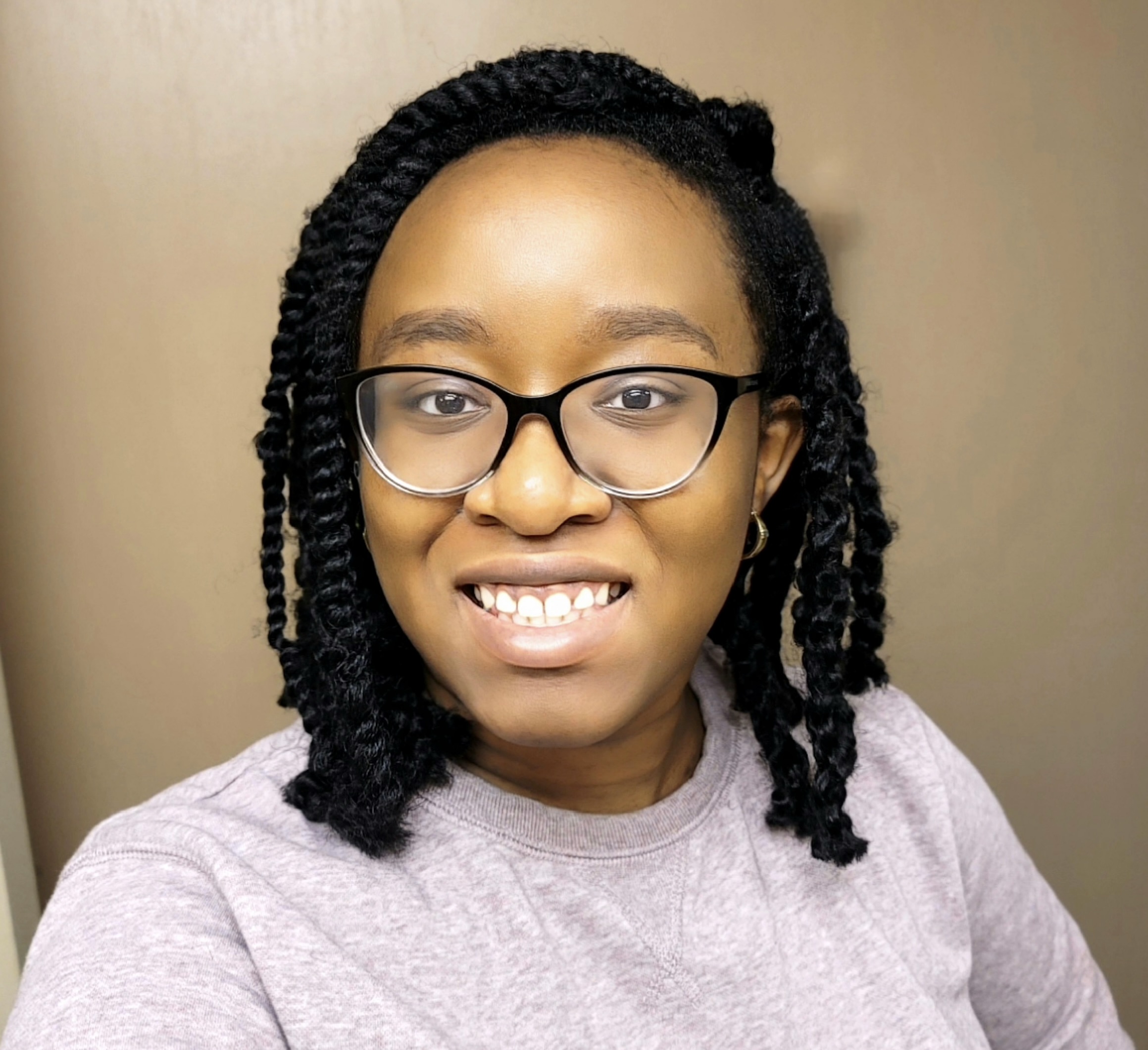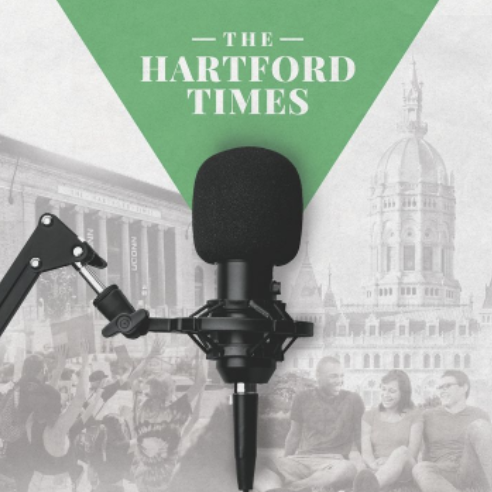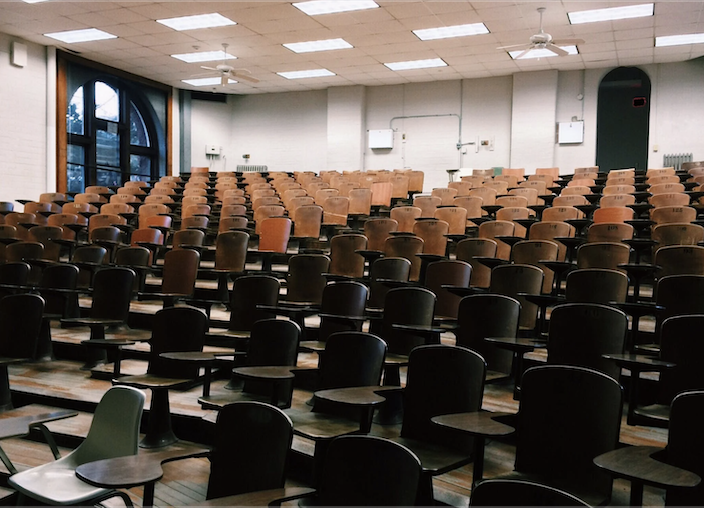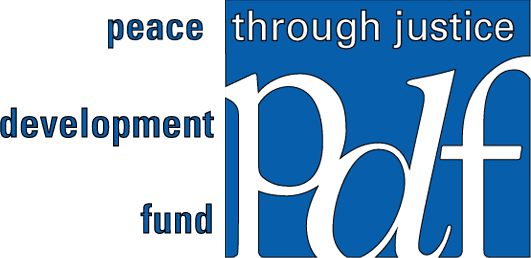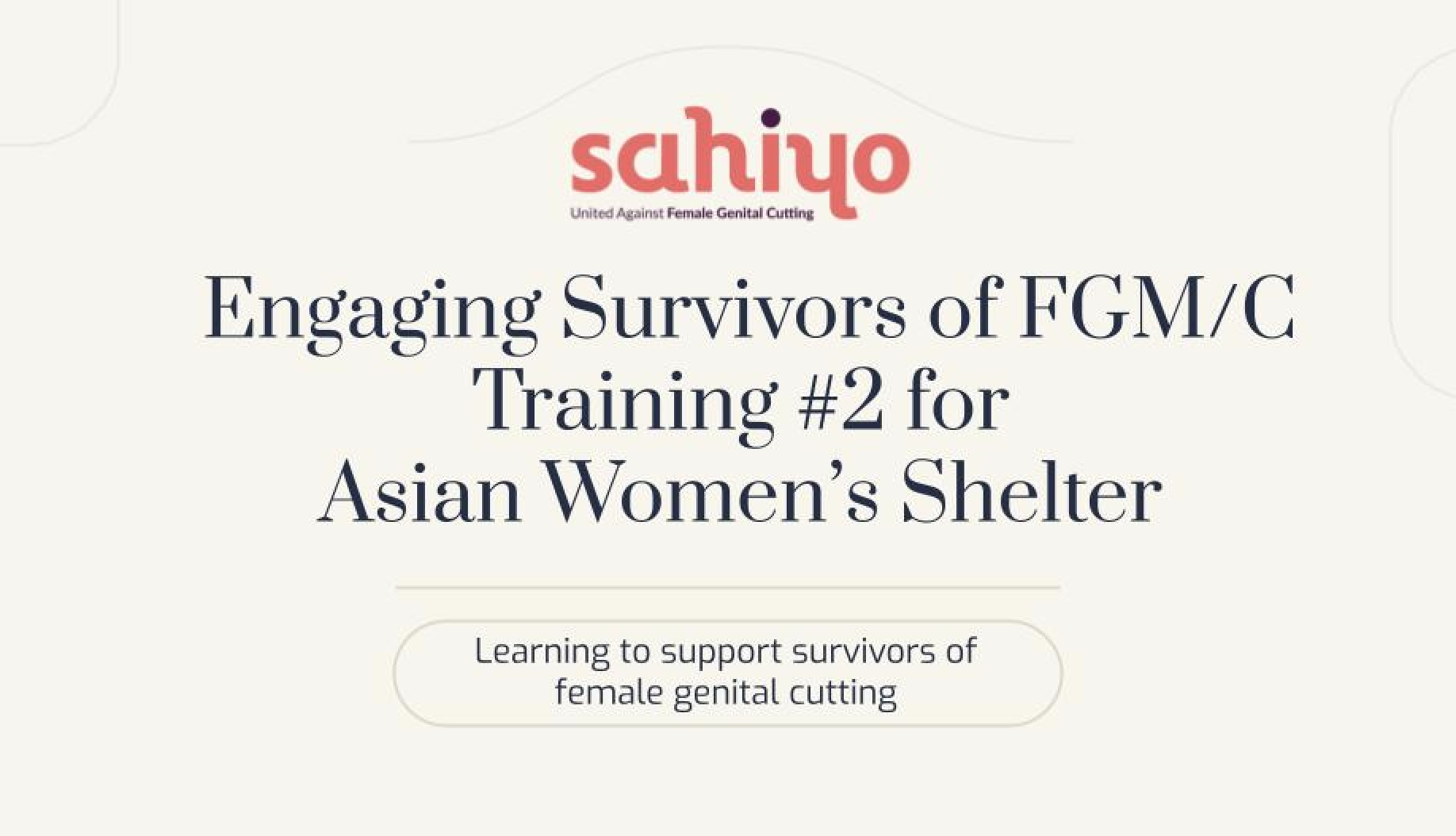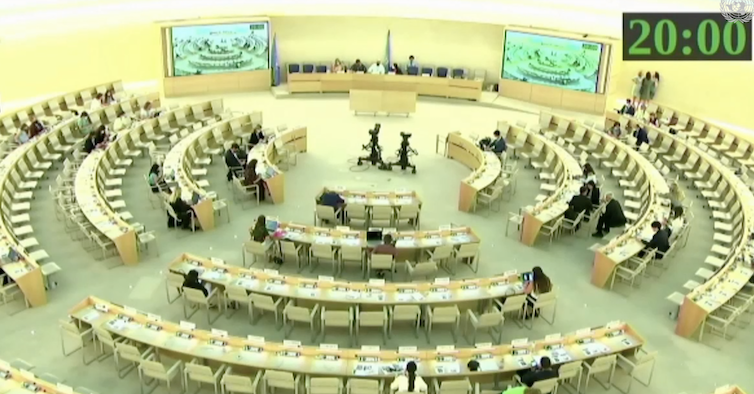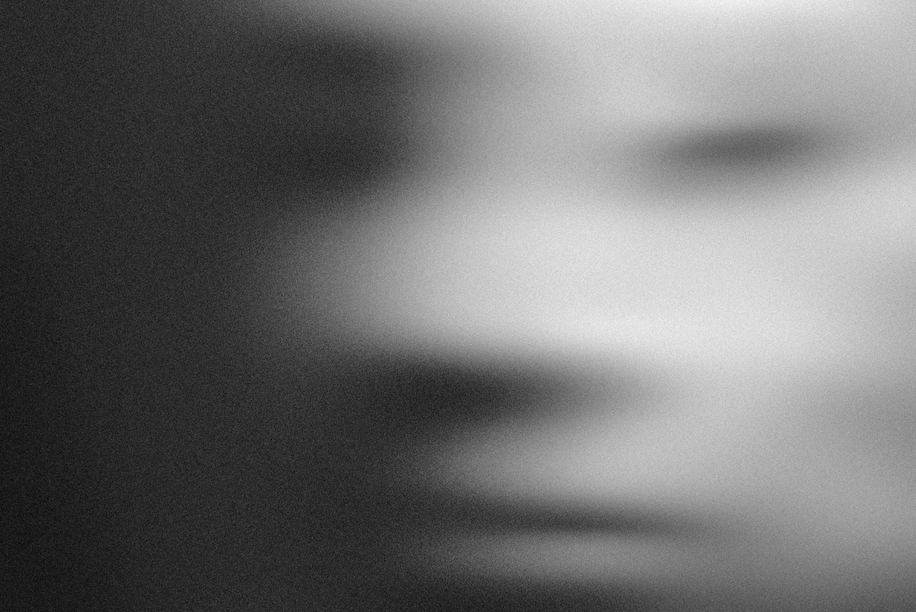Olachi is a UW-Madison graduate with a Bachelor's degree in Communications. She is an aspiring entrepreneur and content creator who is passionate about sustainability and community design based thinking. Olachi believes strongly that social media should be used as a tool to help overlooked people in society go from being "invisible" to "visible". She admires Sahiyo's mission and hopes to not only learn from, but be a great addition to their multi talented team.
What was your experience of learning about female genital cutting (FGC) for the first time?
I remember learning about FGC in high school. At that time I subconsciously thought “ah it must be more of a problem in rural areas” and believed it was just a problem of lack of education due to mainly poverty and/or ignorance. I thought that since so many areas were advocating for better education opportunities for girls, it would naturally decrease in time.
It was embarrassingly not until I joined Sahiyo that I realized the gravity and the impact of FGM/C around the world. This helped me reflect on issues that I may have subconsciously pushed aside or remained nonchalant about because it was a problem that would fix itself with "government intervention and time”. Now though it is true that societal issues can be lessened with those two factors, I realised ultimately that it might have been another way of me not paying attention to something simply because it did not directly affect me directly.
When and how did you first get involved with Sahiyo?
I first came across Sahiyo around late March this year. At this time I was actually looking for volunteer work I could do related to Women’s mental health (as I am a huge mental health advocate) and I coincidentally fell on Sahiyo’s page on LinkedIn. I thought the job being offered matched me both skill and interest wise so I applied around April and luckily joined the team as an intern.
What does your work with Sahiyo involve?
I work as a Social Media Intern where I essentially learn how to manage social media handles, create social media as well as blog content and overall improve Sahiyo’s communication presence.
How has your involvement with Sahiyo impacted your life?
I feel the most important thing that I have learned while working with Sahiyo is that one needs to constantly reflect and check themselves for any hidden or un-addressed biases due to things like privilege or difference in way of life. In my case it was my lazy nonchalance for FGM/C issues and survivors by simply chalking it up to just a class issue and not complex issue that comprised of class AND culture. Working with Sahiyo also helped me learn about non-binary and trans men who could also be survivors but were ultimately invisible when discussions about FGM/C occurred. This overall helped me gain a deeper understanding of how the concepts of intersectionality and representation can and should look like when being discussed within a topic.
What words of wisdom would you like to share with others who may be interested in supporting Sahiyo and the movement against FGC?
I strongly admire FGM/C survivors and activists who tirelessly spread awareness on this topic. I would like to especially reach out to those who may not be in FGM/C practicing communities and encourage them to reach out to Sahiyo for informational guides and resourceful ways to support the movement against FGM/C. In several cultures, being assigned female at birth usually means being constrained and even hurt because of what our perceived gender/sex is assumedly supposed to conform to. Because of this, it is even more imperative that we all stand up for one another no matter where we come from.

